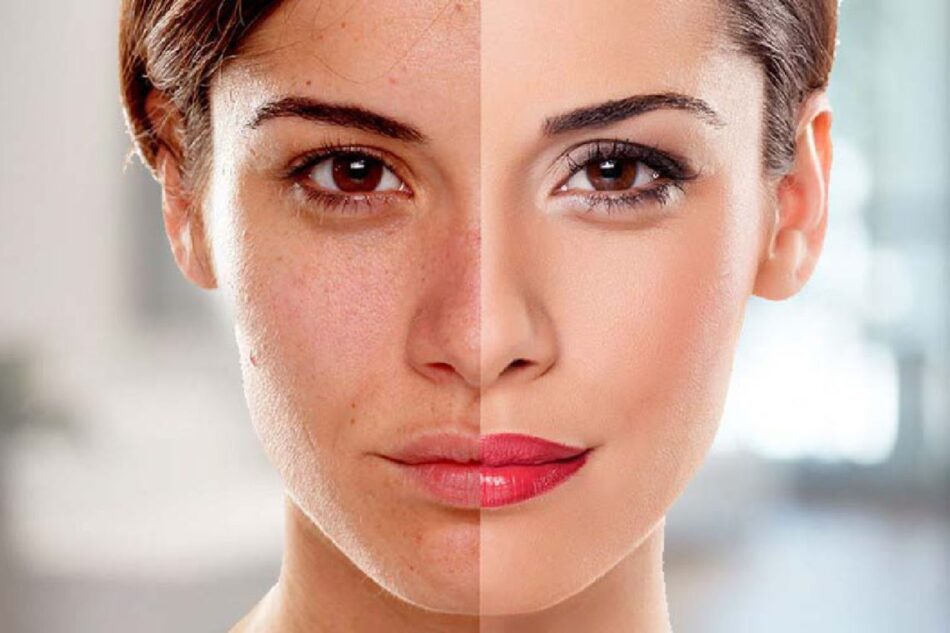Choosing to undergo permanent skin whitening treatment( علاج تبييض البشرة الدائم ) is a significant step toward achieving your skincare goals. However, the success and safety of your treatment heavily depend on one factor: who performs it. Not all providers are equal, and the certifications they hold can make all the difference in terms of both results and safety.
With many options available, it’s essential to understand what to look for when selecting a skin whitening provider. In this article, we explore the most important certifications and qualifications, and how to identify reputable practitioners for your skin journey.
Understanding the Importance of Certification:
Skin whitening procedures can involve lasers, chemical peels, injections, or advanced topical treatments. These are not just cosmetic enhancements—they involve the skin’s health and long-term wellbeing. That’s why working with a certified provider ensures that:
-
The techniques used are safe and up-to-date
-
Approved ingredients and devices are used
-
The provider understands your skin type and how it responds to treatment
-
Complications are minimized
Lack of proper training or regulation can lead to undesirable outcomes, including burns, scarring, or worsening pigmentation.
Key Certifications and Credentials to Look For:
Health Authority Licensing in Dubai:
In Dubai, clinics and providers offering aesthetic services must be licensed by the relevant local health authorities. Look for:
-
DHA (Dubai Health Authority) certification, which confirms that the provider operates under approved safety and hygiene regulations
-
Valid licensing numbers and certificates displayed on-site or available on request
This is the first step in confirming legitimacy before considering treatment.
Internationally Recognized Aesthetic Certifications:
Reputable professionals often hold international certifications related to dermatology, aesthetics, or laser technology. Some common programs include:
-
Certificates in cosmetic dermatology
-
Laser safety certification from accredited institutions
-
Training in chemical peeling or advanced skincare techniques
These certifications demonstrate a provider’s commitment to ongoing education and adherence to international standards.
Equipment and Product Approvals:
Even if a provider is certified, the tools and products they use should also be approved. Ask about:
-
FDA approval or CE marking for lasers and devices
-
Skin care products or injectables that comply with UAE regulations
These certifications ensure that the materials used on your skin are tested, safe, and effective.
Verified Training in Pigmentation and Skin Types:
Since skin whitening treatments target melanin, it’s important that the provider understands how pigmentation works across various skin types. Look for credentials that reflect:
-
Experience with ethnic or darker skin tones
-
Training in pigmentation disorders like melasma or hyperpigmentation
-
Awareness of post-inflammatory pigmentation risks
This ensures that your treatment plan is personalized and appropriate for your skin.
Red Flags to Avoid:
While checking certifications, it’s also helpful to be aware of warning signs that a provider may not be qualified:
-
No visible licenses or credentials
-
Extremely low pricing without explanation
-
Unclear answers about ingredients or equipment
-
Pushy sales tactics rather than consultation-based care
Trustworthy professionals are transparent about their certifications and happy to discuss your concerns before beginning any treatment.
How to Verify a Provider’s Credentials?
Ask for Proof:
You have every right to ask for certification documents, registration numbers, or even proof of training. Most legitimate providers will gladly share their credentials with you.
Check Online Directories:
Health authorities in Dubai often provide online portals where you can verify the status of a practitioner or clinic. Make sure the provider’s name and facility are listed as active and in good standing.
Look for Verified Reviews:
Reviews from real clients often mention whether the environment felt professional and safe. Look for consistent feedback on service quality, cleanliness, and client care.
Frequently Asked Questions:
Are all skin whitening providers in Dubai certified?
Not necessarily. While regulations exist, it’s still possible to find unlicensed or underqualified providers. Always ask for proof before proceeding.
Can I trust providers with only online certifications?
Some online certifications are valid, but it’s important that they come from recognized, reputable institutions. Always verify and cross-check.
Is DHA certification enough?
DHA certification is essential but should be combined with other specialized aesthetic or laser-related credentials, depending on the procedure.
What if a provider refuses to show credentials?
That’s a clear red flag. Transparency is a basic requirement in any cosmetic or medical service. If they refuse, it’s best to walk away.
Final Thoughts:
Before starting Permanent skin whitening treatment in Dubai(علاج تبييض البشرة الدائم في دبي) , it’s vital to ensure your provider is properly certified and trained. From DHA licensing to international aesthetic credentials, these qualifications safeguard not just your appearance—but also your health.
Taking the time to verify certifications, ask questions, and review the provider’s track record can help you avoid complications and achieve the bright, even-toned skin you’re aiming for. In a city known for excellence and innovation, don’t settle for less when it comes to your skin.







